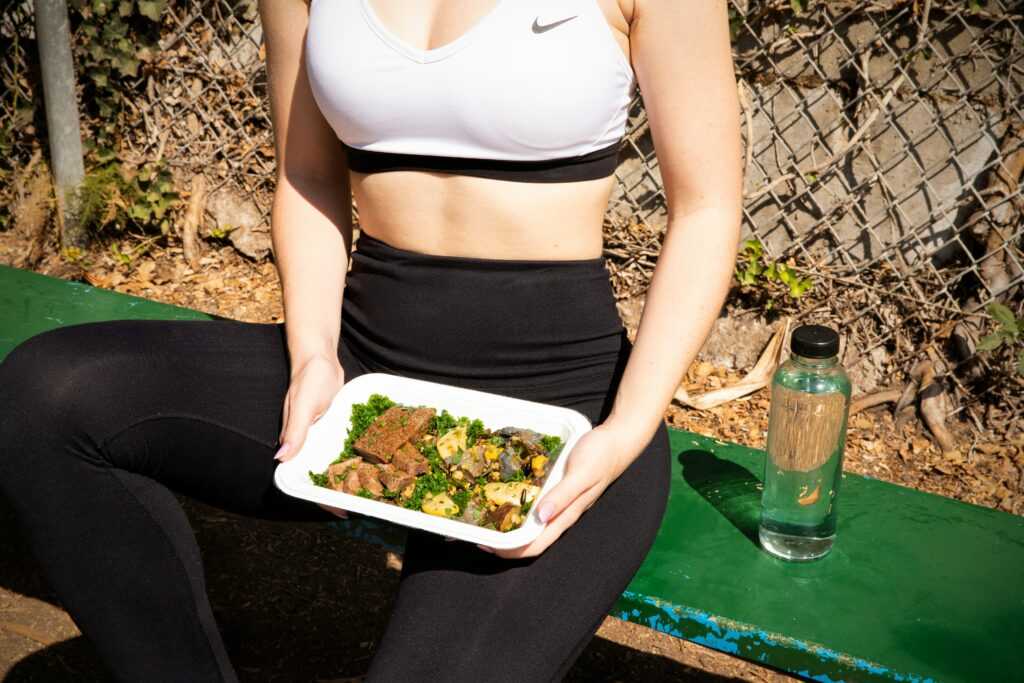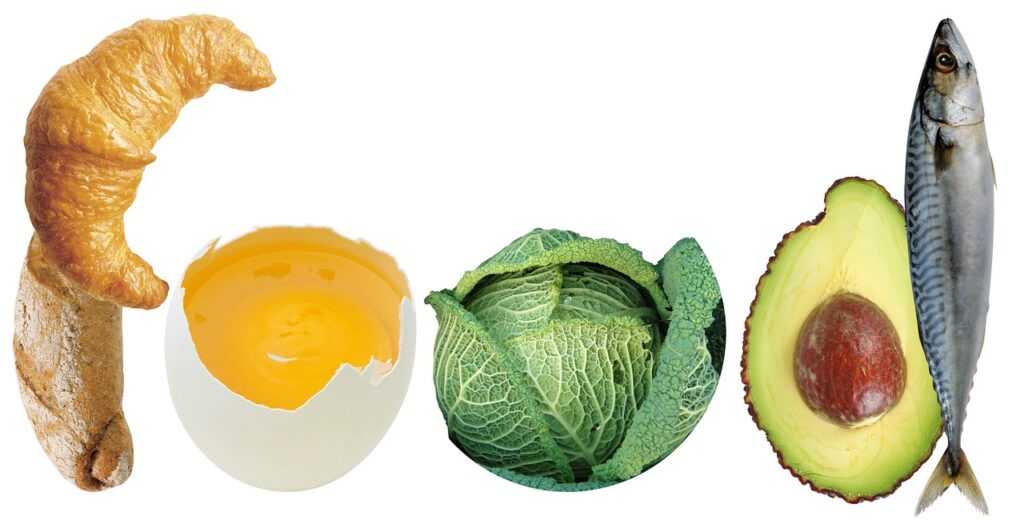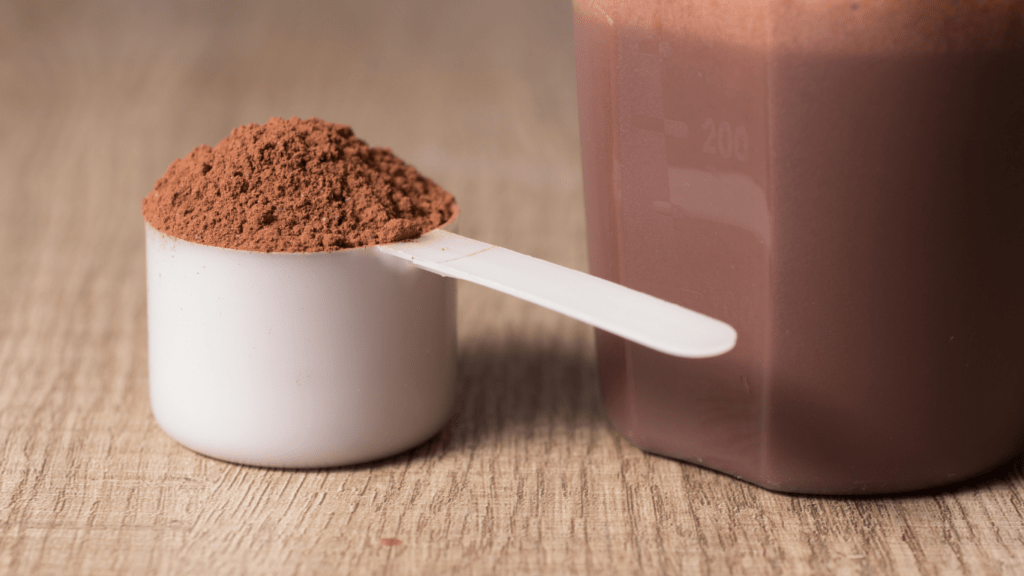Dial In Your Macronutrients
Getting your macronutrient balance right is the foundation of peak performance especially on a plant based diet. Vegan athletes need to be strategic about where their calories and nutrients come from to maintain energy, build strength, and recover efficiently.
Prioritize Plant Based Protein
Protein supports muscle repair and growth, and it’s entirely possible to meet your needs through plants if you’re intentional about it.
Include a variety of protein rich foods such as:
Lentils
Tofu
Tempeh
Seitan
Chickpeas and other legumes
Combine different sources throughout the day to ensure you’re getting all essential amino acids
Consider incorporating protein powders (like pea, rice, or hemp based) if your training volume is high
Carbohydrates: Your Primary Fuel Source
Carbs are essential for sustaining energy during tough workouts and speeding up recovery after.
Focus on slow digesting, nutrient dense carbs such as:
Oats
Quinoa
Brown rice
Sweet potatoes
Bananas and berries
Time your carbs around workouts to maximize energy and recovery
Healthy Fats for Performance and Recovery
Don’t shy away from fats they support hormone health, reduce inflammation, and keep you feeling satiated.
Choose whole food fat sources that offer additional nutrients:
Flaxseeds (great for omega 3s)
Chia seeds
Avocados
Walnuts
Add these fats to smoothies, salads, or grain bowls for an easy nutrition boost
Balancing these macronutrients properly helps vegan athletes maintain energy, recover faster, and avoid performance plateaus. The key: plan meals with all three macros in mind, not just calories.
Iron is a dealbreaker for endurance. It helps carry oxygen to your muscles, and if you’re low, you’ll feel it fatigue, shortness of breath, slower recovery. Plant based sources like spinach, lentils, and pumpkin seeds pull their weight, but they do best paired with vitamin C. That means citrus, tomatoes, or bell peppers on the side. No need to overthink it just don’t eat your iron with coffee or tea, which block absorption.
Vitamin B12 is non negotiable. You won’t find it in plants, and lagging levels hurt energy, mood, and nerve function. Every vegan athlete should supplement daily or weekly, depending on the dose. It’s cheap and easy. Skipping B12 isn’t worth the risk.
Zinc, iodine, and calcium tend to slip through the cracks but still matter. Zinc fuels repair and immune function. Seaweed or iodized salt takes care of iodine. And calcium? It’s not just about bones it’s muscle function too. Fortified plant milks, leafy greens, and tofu get it done. If you’re tracking your food and these still come up short, supplementation can plug the gaps.
Optimize Pre and Post Workout Nutrition
Timing your fuel matters. Go into training underfed and you’ll hit a wall. Overdo it and you’re sluggish. The sweet spot? A combo of simple carbs and a bit of protein.
Before a workout, keep it light and fast digesting. A banana with almond butter or a slice of whole grain toast topped with hummus will give you the energy boost without weighing you down. These pairings offer quick carbs and just enough protein to prep your muscles.
Post workout, recovery is the mission. Aim for a 3:1 carbohydrate to protein ratio. That blend replenishes glycogen, kicks off muscle repair, and keeps soreness at bay. A go to: smoothie with soy milk, banana, and a scoop of vegan protein powder. Keep it simple, hit your macros, and let your food do the recovery work.
Hydration That Goes Beyond Water

For vegan athletes pushing through intense workouts or long training days, water alone doesn’t always cut it. When you’re sweating hard, you’re also losing electrolytes sodium, potassium, magnesium which are essential for muscle function and recovery. That’s where smart hydration steps in.
Coconut water is a solid natural option with potassium and a touch of sodium. Chia drinks add omega 3s and fiber while helping with fluid retention. And if your sessions run longer than an hour, sodium tab infused water can replace the salts you’re losing without any frills.
Don’t underestimate hydration from food. Water rich fruits and vegetables like melon, cucumber, and oranges do more than just taste good they contribute real hydration and offer a bonus of micronutrients. Keeping them in regular rotation can help maintain fluid balance throughout the day, especially in warmer weather or during double session training blocks.
Bottom line: hydrate like it’s part of your training not just a side note.
Supplement With Intention
Even a well planned vegan diet can leave a few gaps especially for athletes pushing their bodies daily. That’s where targeted supplementation steps in. The goal here isn’t to overload; it’s to make sure your baseline needs are covered so performance doesn’t dip and recovery stays sharp.
Start with B12. It’s non negotiable. This vitamin doesn’t naturally show up in plant foods, and a deficiency hits energy, focus, and nerve function hard. A weekly high dose or a daily low dose supplement keeps levels stable.
Vitamin D3 is next. If you live somewhere with real winters or just don’t see much sun getting enough from diet alone is tough. A vegan D3 supplement (derived from lichen) makes a big difference in bone health, immunity, and mood.
For brain health and inflammation control, omega 3s matter. Skip the fish oil. Algae based omega 3 supplements give you EPA and DHA the key forms an athlete’s body needs.
If you’re strength training or doing high intensity work, consider creatine and beta alanine. Both are naturally absent in vegan diets but well researched for improving power, strength, and muscle endurance. Simple, cost effective, and safe when used smartly.
Taken together, these supplements act as a solid insurance policy and performance booster. No fluff just science backed tools to help vegan athletes keep their edge.
Fine Tune With Expert Guidance
Even with a solid nutrition foundation, vegan athletes can benefit from ongoing customization and oversight. Small tweaks can make a big difference when it comes to optimizing performance, recovery, and long term health.
Track Before You Tweak
Before making major dietary changes, it’s helpful to establish a baseline. Tracking your intake allows you to identify gaps or excesses you might not notice otherwise.
Use a macro/micronutrient tracker for 1 2 weeks
Analyze patterns in protein, carbs, fats, and key vitamins/minerals
Look for trends linked to energy dips, workout recovery, or digestive issues
This data driven approach helps you make informed adjustments not guesses.
Bring in a Plant Based Pro
While self tracking is valuable, working with a professional takes things further. A registered dietitian (RD), especially one with expertise in plant based sports nutrition, can:
Interpret your dietary data and lab results
Create a personalized meal and supplement strategy
Help you plan around training cycles, travel, or competition
If you’re serious about peak performance, expert input is a game changer.
For a deep dive into critical nutrients and detailed planning, tap into our full plant based nutrition guide




